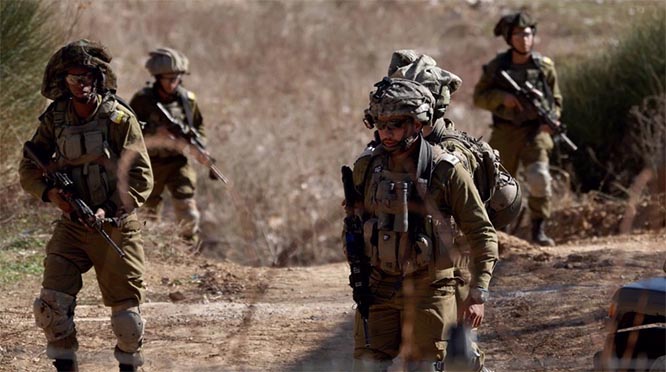London, May 25: Jokha Alharthi on Tuesday became the first Arabic author to win the Man Booker International prize for her novel "Celestial Bodies" which reveals her Omani homeland's post-colonial transformation.
"I am thrilled that a window has been opened to the rich Arabic culture," Alharthi, 40, told reporters after the ceremony at the Roundhouse in London.
Alharthi is the author of two previous collections of short fiction, a children's book and three novels in Arabic.
An award-winning author, she has been shortlisted for the Sheikh Zayed Award for Young Writers and won the 2010 Best Omani Novel Award for 'Celestial Bodies'.
She studied classical Arabic poetry at Edinburgh University and teaches at Sultan Qaboos University in Muscat.
"Oman inspired me but I think international readers can relate to the human values in the book - freedom and love," she said.
The prestigious 50,000-pound (57,000 euro, $64,000) prize, which celebrates translated fiction from around the world, is divided equally between the author and the translator.
We’re delighted to announce our #MBI2019 winner is Celestial Bodies by Jokha Alharthi, translated by Marilyn Booth and published by Sandstone Press. Read more here: https://t.co/rWHBRXwDOy pic.twitter.com/SfJr2Yg98u
— Man Booker Prize (@ManBookerPrize) May 21, 2019
Alharthi's translator was US academic Marilyn Booth, who teaches Arabic literature at Oxford University.
The judges said Celestial Bodies was "a richly imagined, engaging and poetic insight into a society in transition and into lives previously obscured".
It is set in the village of Al Awafi in Oman where we encounter three sisters: Mayya, who marries Abdallah after a heartbreak; Asma, who marries from a sense of duty; and Khawla, who is waiting for her beloved who has emigrated to Canada.
The three sisters witness Oman's evolution from a traditional, slave-owning society.
"It touches the subject of slavery. I think literature is the best platform to have this dialogue," Alharthi said.
The jury said: "Elegantly structured and taut, it tells of Oman's coming-of-age through the prism of one family's losses and loves".
The Guardian said it offers "glimpses into a culture relatively little known in the west" and The National said it signalled "the arrival of a major literary talent", calling the book "a densely woven, deeply imagined tour de force".
Jury chair Bettany Hughes said the novel showed "delicate artistry and disturbing aspects of our shared history".
"The style is a metaphor for the subject, subtly resisting cliches of race, slavery and gender," she said.
Alharthi was up against five other shortlisted authors: France's Annie Ernaux, Germany's Marion Poschmann, Poland's Olga Tokarczuk, Colombia's Juan Gabriel Vasquez and Chile's Alia Trabucco Zeran.







Comments
Add new comment